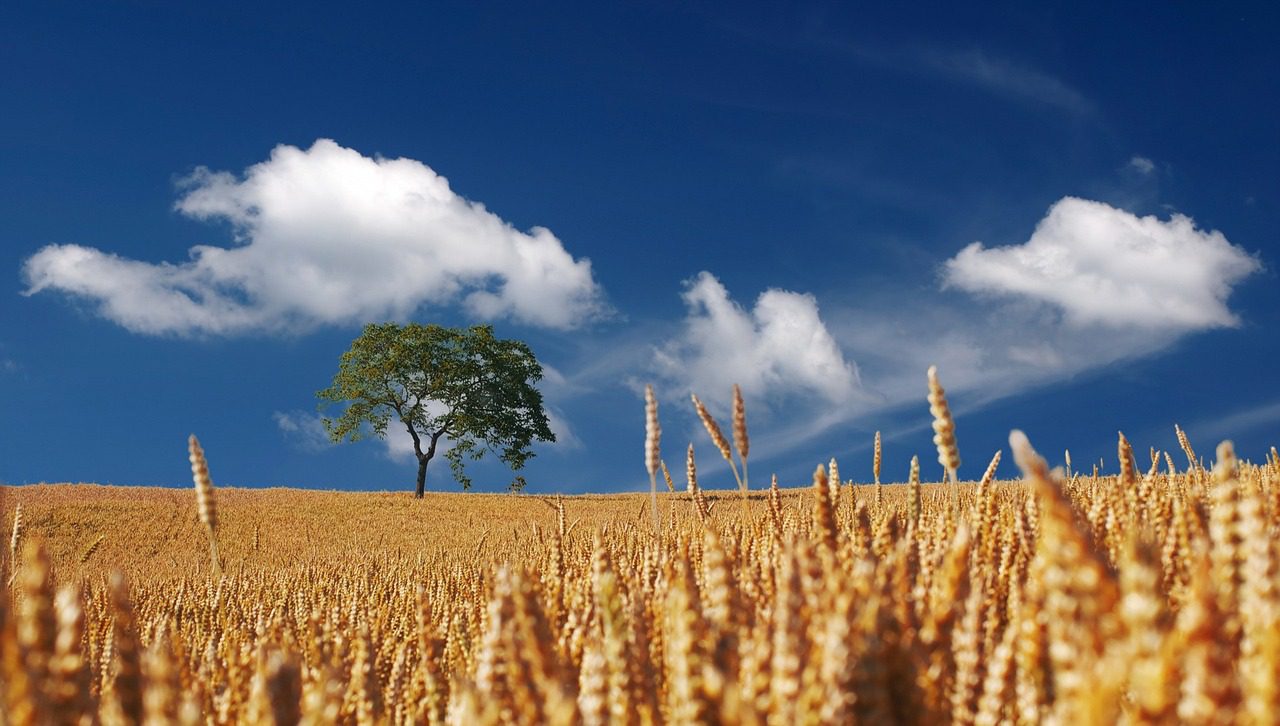August 4, 2023 — Is there a conspiracy to control the world’s water and food?
That’s a concept explored in the documentary movie, The Grab .
.
From the Center for Investigative Reporting Studios and director Gabriela Cowperthwaite
and director Gabriela Cowperthwaite , the movie purports to “uncover the money, influence and alarming rationale behind covert efforts to control the most vital resource on the planet.”
, the movie purports to “uncover the money, influence and alarming rationale behind covert efforts to control the most vital resource on the planet.”
Brian Tallerico at RogerEbert.com writes that the documentary is “… from Gabriela Cowperthwaite, the director of the award-winning ‘Blackfish.’ This time, the investigative journalist filmmaker turns her camera on a subject that I think most people vaguely know about, but the director and her subjects lay it all on the table. This is the ‘holy shit’ documentary of the year, the one that’s designed to be a wake-up call as to where we’re headed in terms of natural resources. ‘The Grab’ makes a convincing case that the world powers that went to war over oil in the last few decades will be doing it over water and food in the ones to come.”
writes that the documentary is “… from Gabriela Cowperthwaite, the director of the award-winning ‘Blackfish.’ This time, the investigative journalist filmmaker turns her camera on a subject that I think most people vaguely know about, but the director and her subjects lay it all on the table. This is the ‘holy shit’ documentary of the year, the one that’s designed to be a wake-up call as to where we’re headed in terms of natural resources. ‘The Grab’ makes a convincing case that the world powers that went to war over oil in the last few decades will be doing it over water and food in the ones to come.”
Arizona has apparently made it into the film. According to Variety.com , “Experts call this field ‘food security,’ and the entire system is more fragile than it looks. World populations are climbing while water resources are dwindling, which has led countries such as Saudi Arabia and China to seek farmland on other continents. Among its myriad examples, ‘The Grab’ focuses on a 15-square-mile expanse in La Paz, Ariz., an arid desert locale where there’s no limit to the amount of water landowners can pump from the aquifers. Arizona’s policy of unrestricted access means Saudi investors can legally tap into the water table to grow fields of hay, which will be shipped home to feed their cattle, even if it means draining the wells of local farmers in the process.”
, “Experts call this field ‘food security,’ and the entire system is more fragile than it looks. World populations are climbing while water resources are dwindling, which has led countries such as Saudi Arabia and China to seek farmland on other continents. Among its myriad examples, ‘The Grab’ focuses on a 15-square-mile expanse in La Paz, Ariz., an arid desert locale where there’s no limit to the amount of water landowners can pump from the aquifers. Arizona’s policy of unrestricted access means Saudi investors can legally tap into the water table to grow fields of hay, which will be shipped home to feed their cattle, even if it means draining the wells of local farmers in the process.”
The 1 hour, 44 minute film is, according to The Hollywood Reporter , “the story of a seven-year research project by Nate Halverson
, “the story of a seven-year research project by Nate Halverson of The Center for Investigative Reporting, beginning with the 2014 sale of Smithfield Foods to a Chinese company for $4.7 billion, the largest deal of its kind. The acquisition put a quarter of America’s pigs under Chinese control. But what role did the Chinese government have in the sale and why does it matter? Why did a Saudi company purchase 15 square miles of arid terrain in the Arizona desert? Why did the founder of Blackwater shift his focus to facilitating land acquisitions in Africa? Why was Russia recruiting American cowboys to take agricultural jobs in a part of the country that was, until recently, too cold to sustain farmland?”
of The Center for Investigative Reporting, beginning with the 2014 sale of Smithfield Foods to a Chinese company for $4.7 billion, the largest deal of its kind. The acquisition put a quarter of America’s pigs under Chinese control. But what role did the Chinese government have in the sale and why does it matter? Why did a Saudi company purchase 15 square miles of arid terrain in the Arizona desert? Why did the founder of Blackwater shift his focus to facilitating land acquisitions in Africa? Why was Russia recruiting American cowboys to take agricultural jobs in a part of the country that was, until recently, too cold to sustain farmland?”
“The Grab ” made its debut at the prestigious 2022 Toronto International Film Festival and has subsequently been showcased at various film festivals across the United States, starting with the Mill Valley Film Institute in California
” made its debut at the prestigious 2022 Toronto International Film Festival and has subsequently been showcased at various film festivals across the United States, starting with the Mill Valley Film Institute in California . Despite its compelling reviews, the documentary is currently not accessible on popular streaming platforms like Netflix or Amazon. Upon its availability, viewers will have the opportunity to critically evaluate the documentary’s validity and potential sensationalism. The favorable reviews thus far suggest an engaging and thought-provoking viewing experience.
. Despite its compelling reviews, the documentary is currently not accessible on popular streaming platforms like Netflix or Amazon. Upon its availability, viewers will have the opportunity to critically evaluate the documentary’s validity and potential sensationalism. The favorable reviews thus far suggest an engaging and thought-provoking viewing experience.


Leave a Reply